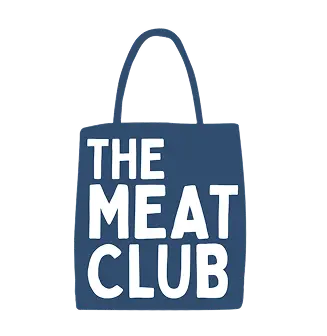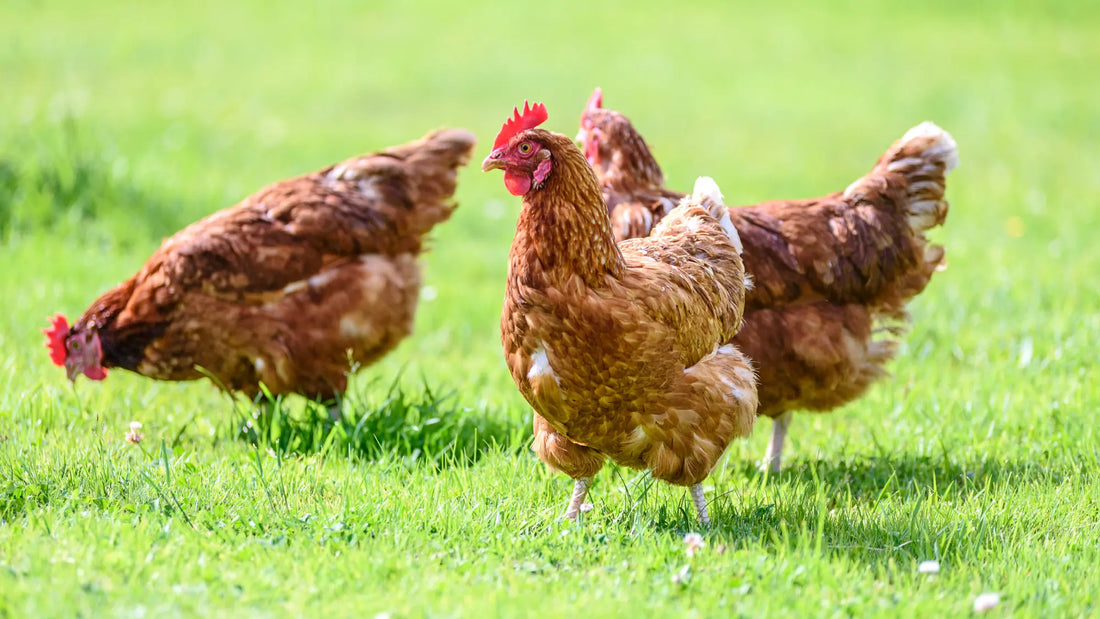Ever stood in the grocery store staring at all the chicken options, wondering what cage-free and free-range really mean? You’re not alone! With so many labels on food these days, it can be confusing to know which one is the better choice—for both your health and the well-being of the chickens.
But here’s the deal: Not all chickens are raised the same way. Some live better, healthier lives, while others are stuck in crowded, stressful conditions. Let’s break it all down so you can make the best decision for your plate!
What Does Cage-Free Mean?

Cage-free chickens are raised in large indoor barns, where they can move around freely. They’re not confined to individual cages, and their living spaces include essentials like clean bedding, plenty of food and water, and room to stretch their wings.
Key Features of Cage-Free Chickens:
- Freedom Indoors: Chickens have the ability to roam freely inside a controlled environment.
- Comfortable Living Conditions: Clean and well-monitored facilities ensure their health and well-being.
- Reduced Risks: Because they live indoors, they’re safe from predators, extreme weather, and outdoor diseases
Cage-free farming is an excellent system that promotes animal welfare and ensures consistent quality.
What Does Free-Range Mean?

What Does Free-Range Mean?
Free-range chickens are similar to cage-free chickens, but with one important difference: they have access to the outdoors. Depending on the farm, this might mean they can wander outside for part of the day to forage, scratch, and explore before returning to safety of an evening.
Key Features of Free-Range Chickens:
- Outdoor Access: Chickens can enjoy fresh air, sunlight, and natural foraging opportunities.
- Natural Behaviours: Outdoor spaces allow them to peck, scratch, and roam in a more natural way.
- Seasonal Variations: Outdoor access may depend on weather conditions and farm management practices.
While outdoor access has benefits, free-range farming also comes with challenges, such as exposure to predators or unpredictable weather.
Cage-Free vs. Free-Range vs. Factory-Farmed – The Big Comparison
So, how do these different farming styles stack up? Here’s a simple breakdown:
| Aspect | Cage-Free Chicken | Free-Range Chicken | Factory-Farmed Chicken |
|---|---|---|---|
| Living Conditions | No cages, indoor space to move | Outdoor access, more movement | Cages, overcrowded sheds |
| Animal Welfare | Room to move on ground and to higher shelters/ beds | Same as Cage-Free, but with access to outdoor areas | Worst—high stress & injuries |
| Diet | Mixed diet of non-GMC natural grains | Same as Cage-Free, but with access to forage in dirt | Grains |
| Antibiotic Use | Only administered when necessary & individually with veterinary supervision | Same as Cage-Free | Often administered through feed to all birds |
| Taste & Texture | White pinkish flesh, juicy and tender | Same as Cage-Free | Yellow flesh, often slimy |
Why Factory Farming is the Worst Choice
- Overcrowding & stress: sick, unhappy chickens.
- Too many antibiotics: potential health risks for us.
- Poor nutrition: lower-quality meat.
Factory-farmed chickens live in terrible conditions, and it affects not just the chickens but also the food we eat.
Why It’s Important to Know the Difference
Understanding the difference between cage-free and free-range can help you align your food choices with your values. Whether you prioritize sustainability, animal welfare, or quality, both systems significantly improve over conventional caged systems.
At The Meat Club, we believe in offering transparency about where our food comes from. That’s why we proudly carry cage-free and free-range options so you can choose what’s best for you and your family.
Explore Premium Poultry at The Meat Club
At The Meat Club, we’re committed to providing only the best for our customers. Both our cage-free and free-range chickens are raised to meet high standards of quality and care. Whether you’re roasting a whole chicken, whipping up a weeknight stir-fry, or baking with fresh eggs, you can trust that our poultry has been sourced with care.

